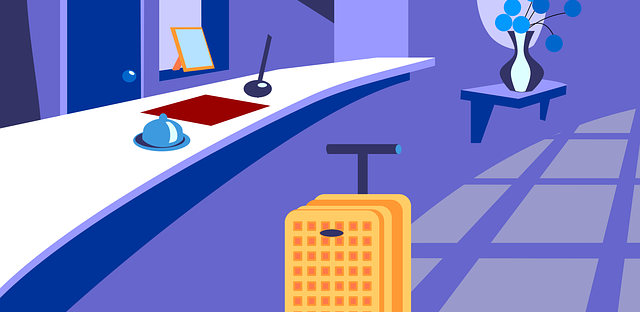On a national level, hotel occupancy is down 50 percent. And yet, some analysts believe that tourism will be one of the first industries to pick up immediately after a vaccine is introduced. After months of no travel, people will be eager to explore new cities and pamper themselves at new hotels.
Hoteliers across America are planning for a future that accounts for new outbreaks and heightened sensitivity to hygiene. Hotel executives, designers, and suppliers shared how they are envisioning the post-corona hotel experience. Right now, enhanced housekeeping is a priority. These are just a few new practices and projected procedures:
Zero-Contact Room Controls: Self-check-out is not new in the hotel industry. Neither is keyless guest-room entry via cellphone. COVID-19 has only heightened the necessity for these features as customers are more aware of what they touch and who they come in contact with. Google Assistant recently introduced an app for hospitality for its virtual assistant Google Nest Hub. Some New York City hotels are already using Nest Hub’s voice-command interface to get information about hotel services, set wake-up calls, etc.
Google Assistant recently introduced an app for hospitality for its virtual assistant Google Nest Hub. Some New York City hotels are already using Nest Hub’s voice-command interface to get information about hotel services, set wake-up calls, etc.
Robots for Room Service: Many New York City hotels are not equipped to offer outdoor dining options all year-round. Most hotel restaurants depend on far more business than is regulated by social distancing regulations. So many hotels have pivoted to serving meals in the entire facility, with the added bonus of having robots serve the food. Meeting rooms, ballrooms, and conference spaces are also being repurposed to be dining halls or pick up spots.

Letting the Outdoors In: Designers and architects have always recommended biophilic design: incorporating outdoor elements in indoor spaces. In the hotel world, more greenery is finding its way into the communal spaces, offering visitors nature’s calming effects. Boardrooms and event venues are including more plants, digital projections, and outdoor views that simulate nature’s movements. Cross breezes and anti-septic lights are produced by state-of-the-art air-filtration systems.



